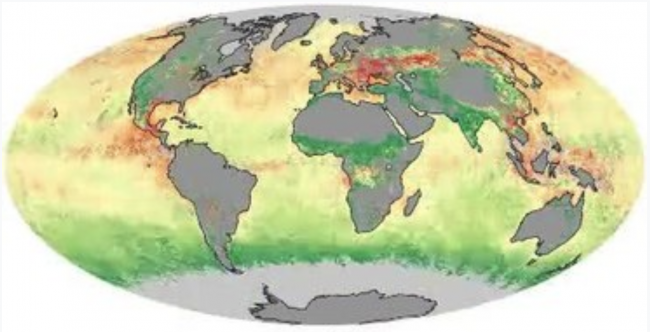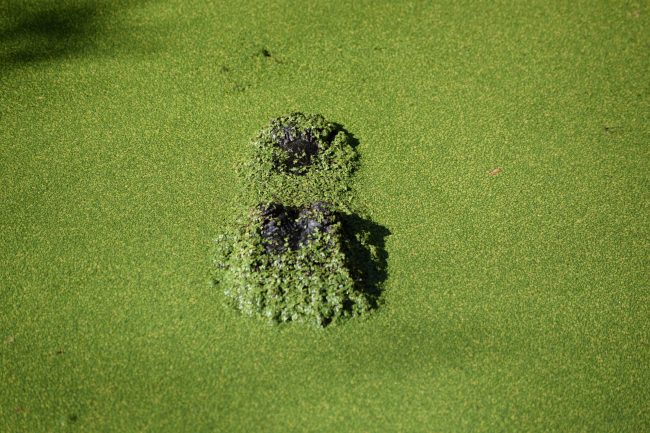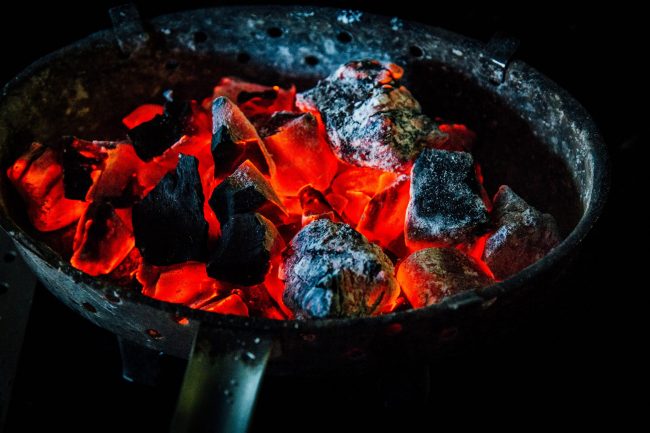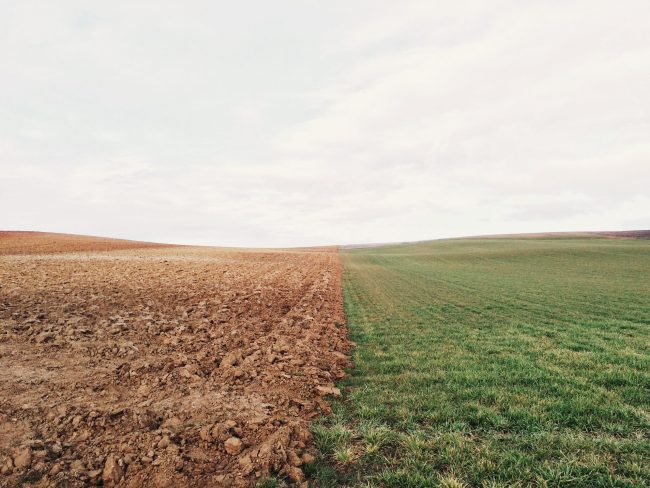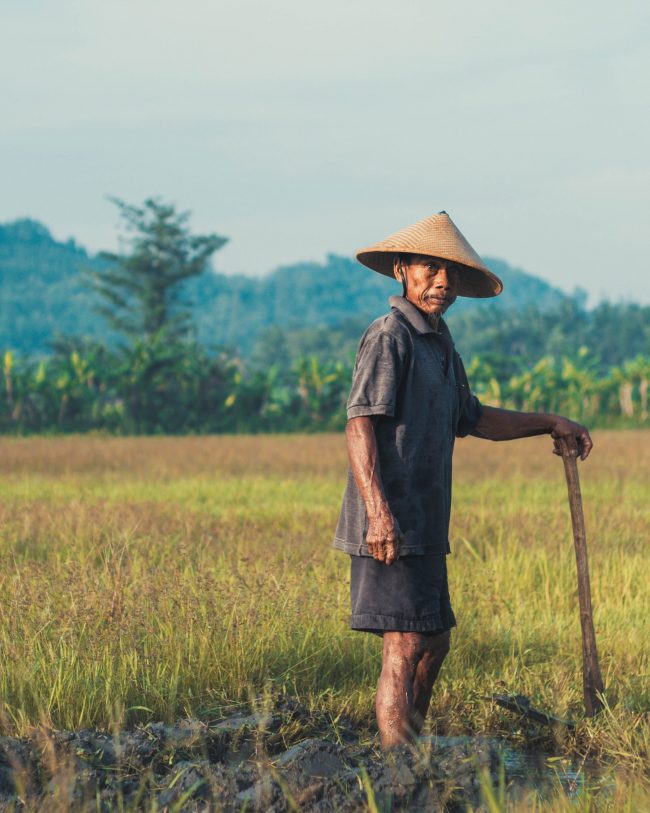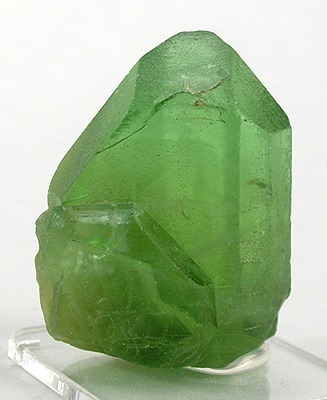Nano Air: The Plastic River is Not Wet
There is only one area of the globe left which is largely free of airborne plastic: the Southern ocean.
That’s bad news for the rest of the world as the very air is infested with micro- and nano-plastics on a scale that is somewhat shocking.
Few, if any, are taking aim at the source of all the mischief: microfiber textile manufacturers.
